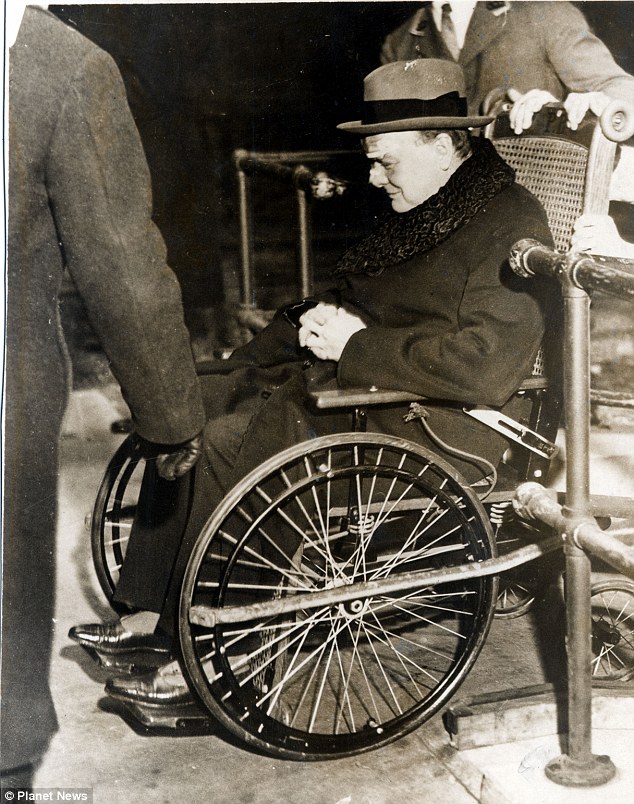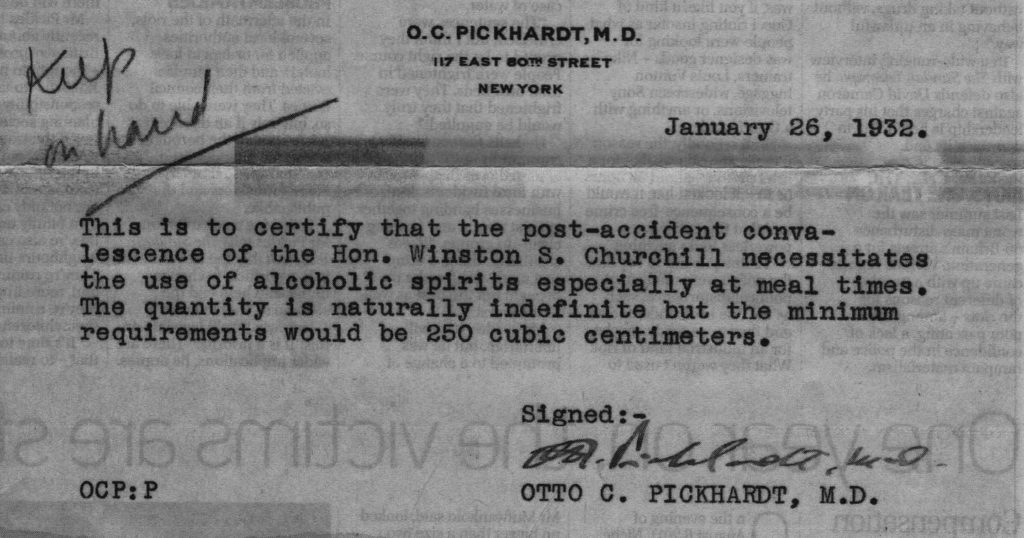Personal favorite:
There was a child went forthExcerpt below, but read the whole thing:
The early lilacs became part of this child,
And grass, and white and red morning-glories, and white and red clover, and the song of the phoebe-bird,
And the Third-month lambs, and the sow's pink-faint litter, and the mare's foal, and the cow's calf,
And the noisy brood of the barn-yard, or by the mire of the pond-side,
And the fish suspending themselves so curiously below there--and the beautiful curious liquid,
And the water-plants with their graceful flat heads--all became part of him.
The field-sprouts of Fourth-month and Fifth-month became part of him;
Winter-grain sprouts, and those of the light-yellow corn, and the esculent roots of the garden,
And the apple-trees cover'd with blossoms, and the fruit afterward,
and wood-berries, and the commonest weeds by the road;
And the old drunkard staggering home from the out-house of the tavern, whence he had lately risen,
And the school-mistress that pass'd on her way to the school,
And the friendly boys that pass'd--and the quarrelsome boys,
And the tidy and fresh-cheek'd girls--and the barefoot negro boy and girl,
And all the changes of city and country, wherever he went.
His own parents,
He that had father'd him, and she that had conceiv'd him in her womb, and birth'd him,
They gave this child more of themselves than that;
They gave him afterward every day--they became part of him.
-----Original Message-----
From: Ecwhitman <
Ecwhitman@aol.com>
To: Ecwhitman <
Ecwhitman@aol.com>
Sent: Tue, May 31, 2011 7:25 am
Subject: Quotation of the Day
On the beach at night alone,
As the old mother sways her to and fro singing her husky song,
As I watch the bright stars shining, I think a thought of the clef
of the universes and of the future.
A vast similitude interlocks all,
All spheres, grown, ungrown, small, large, suns, moons, planets,
All distances of place however wide,
All distances of time, all inanimate forms,
All souls, all living bodies though they be ever so different, or in different worlds,
All gaseous, watery, vegetable, mineral processes, the fishes, the brutes,
All nations, colors, barbarisms, civilizations, languages,
All identities that have existed or may exist on this globe, or any globe,
All lives and deaths, all of the past, present, future,
This vast similitude spans them, and always has spann'd,
And shall forever span them and compactly hold and enclose them.
- Walt Whitman
("On the Beach at Night Alone")*
A noiseless, patient spider,
I mark'd, where, on a little promontory, it stood, isolated;
Mark'd how, to explore the vacant, vast surrounding,
It launch'd forth filament, filament, filament, out of itself;
Ever unreeling them - ever tirelessly speeding them.
And you, O my Soul, where you stand,
Surrounded, surrounded, in measureless oceans of space,
Ceaselessly musing, venturing, throwing, - seeking the spheres, to connect them;
Till the bridge you will need, be form'd - till the ductile anchor hold;
Till the gossamer thread you fling, catch somewhere, O my Soul.
- Whitman
("A Noiseless, Patient Spider")
Whitman was like a prophet straying in a fog and shouting half-truths with a voice of
great trumpets. He was seeking something, but he never knew quite what, and he never
found it.
- Amy Lowell (1874-1925)
(Walt Whitman and the New Poetry)
(Today is the 192nd anniversary of the birth of American poet Walt(er) Whitman (1819-1892).
Born in West Hills, New York, Whitman worked at first as a printer, teacher, newspaper edi-
tor, and carpenter before publishing in 1855 the book of verse that established his reputation -
Leaves of Grass. Later, during the Civil War, he served as a male nurse in Washington, D.C.
and wrote two volumes of war poetry - Drum Taps (1865) and a sequel (1866) - followed by
Democratic Vistas (1871). Invalided by a stroke in 1873, Whitman spent the rest of his life
in Camden, New Jersey, still celebrating in his verse individual freedom and dignity, demo-
cracy, and human brotherhood. In "Song of Myself," he wrote,
"Do I contradict myself?
Very well then I contradict myself,
I am large. I contain multitudes.")
* N.B. A Sea Symphony (1910) - for orchestra, vocal soloists, and mixed
chorus - by English composer Ralph Vaughan Williams (1872-1958) sets
several of Whitman's poems to music, including "On the Beach at Night
Alone" (but turn the gain up) :
http://www.youtube.com/watch?v=_1JUyhzh3WM Walt Whitman in old age:






